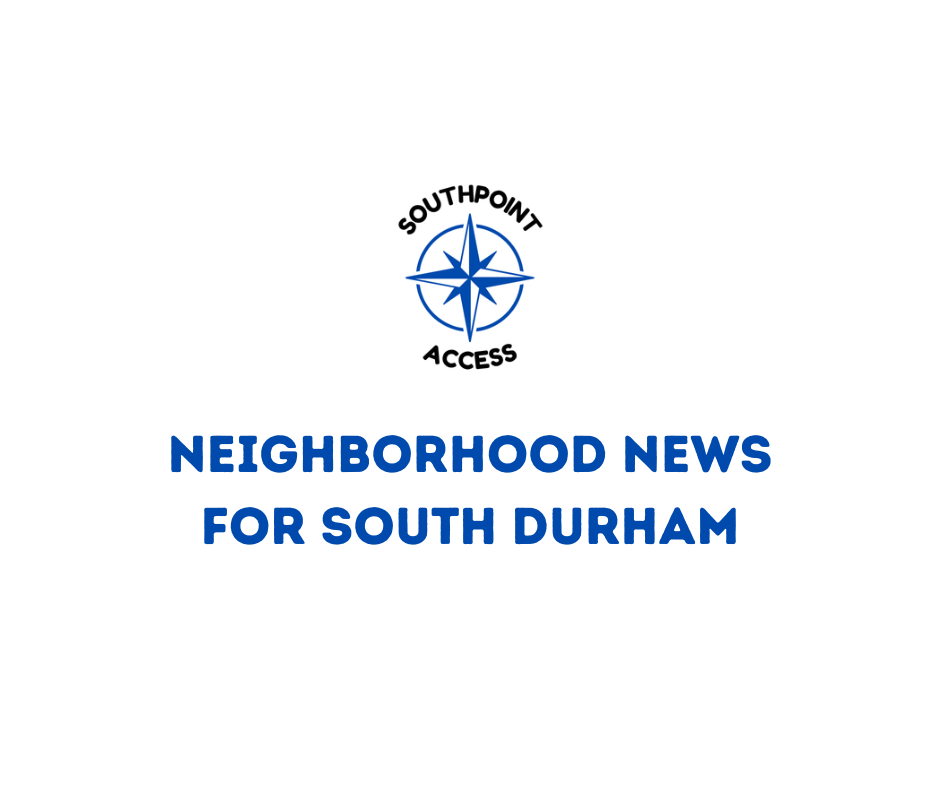Cooper's Budget Prioritizes Public Schools Over Private Vouchers

The state of North Carolina would invest more than $1 billion to bolster public schools rather than funding private-school vouchers under the 2024-2025 budget plan proposed this week by Gov. Roy Cooper.
The budget plan includes:
- An average 8.5% teacher raise, plus a retention bonus for most teachers.
- $725 million to strengthen child care and early education for working families.
- A $2.5 billion school construction bond on the November 2024 ballot.
- A 5% salary increase for state employees and non-certified public school employees, plus a $1,500 retention bonus for most state employees.
- Moratorium on taxpayer-funded private school vouchers.
- Funding for workforce training, economic development, conservation, and environmental resilience efforts.
“This budget is an opportunity to build on our state’s momentum and make up ground in areas like public education, quality child care and clean drinking water, where legislators have fallen short,” Cooper said in a news release. “As the number one state to do business in the country for two years in a row, we have the formula for success in our high-quality public schools, talented workforce and thriving economy. We must make targeted investments strengthening public education, boosting economic development, and protecting our natural resources to secure a bright future for North Carolina.”
The budget would pay starting teachers more than $47,500, including local and state supplements, while reinstating Master’s Pay. It also would provide funding for 700 teaching assistants in K-3 classrooms across North Carolina.
Here are 10 key takeaways from the governor’s announced plan:
- Increased Teacher Salaries: The budget proposes an 8.5% raise for teachers, aiming to lift starting salaries to more than $47,500, potentially attracting more qualified educators and benefiting local students.
- Retention Bonuses: Both teachers and state employees could receive a $1,500 retention bonus, which might help retain skilled workers in the area.
- Child Care Investments: A significant $745 million is earmarked for strengthening child care and early education, crucial for working parents in South Durham needing reliable and affordable child care solutions.
- School Construction and Repairs: The proposal includes a $2.5 billion bond for school construction, which could lead to better educational facilities locally.
- Moratorium on Private School Vouchers: Redirecting funds from private school vouchers to public schools could enhance public education resources, directly benefiting students in South Durham.
- NC Pre-K Funding: With an investment to fully cover the costs for NC Pre-K students, this could stabilize and possibly expand access to early education in the community.
- Support for State Employees: A 5% salary increase for non-certified public school and other state employees could improve the overall economic health of local families.
- Workforce Development: Investments in workforce training and development programs might provide local adults with more job opportunities and skills for career advancement.
- Economic Stimulus Measures: Tax relief for small businesses and investment in local economic development initiatives could boost the South Durham economy.
- Environmental and Disaster Resilience: Funding aimed at improving water quality and enhancing flood resilience benefits all, ensuring safer and cleaner living conditions in the community.




![[Nerdspresso] A Nerdy News Round-Up - Jan. 23, 2026](/content/images/size/w600/2026/01/sinnersjordan.png)
